Chinese electric buses monopolizing world market
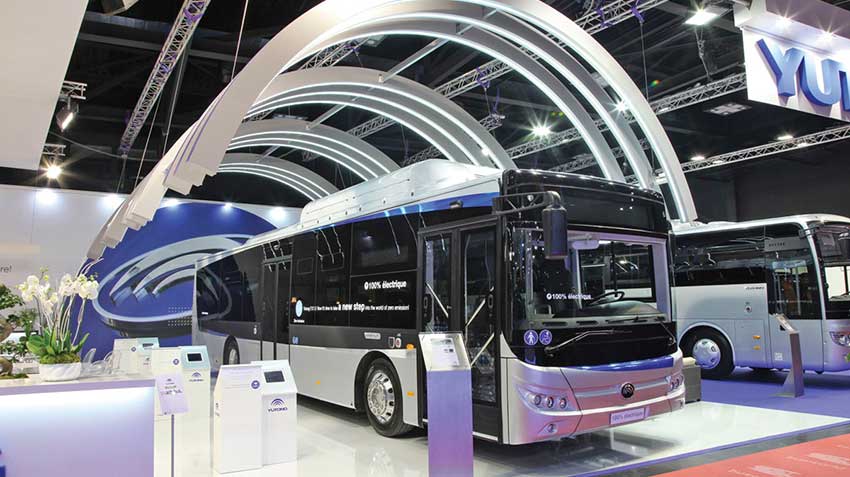
World market eBuses will belong to the Chinese manufacturers

According to sites ev-sales and chinabus.org Chinese brands effectively form a modern global fleet of electric buses (eBuses Buses or BEV) as responsible for more than 95% of their global sales. So that in speaking of the eBuses, today actually imply that the Chinese market for electric buses and 2017 here is no exception.

Presentation 12-meter electric buses BYD K12 in Europe
The table below shows the top three most large-scale brands eBuses (they are also world leaders in the segment) last year.the Market for electric buses in China
| # | Producer | 2017 | 2016 |
| 1 | Yutong | 24 857 | 24 428 |
| 2 | BYD | 14 336 | 13 274 |
| 3 | Zhongtong | 8167 | B.D. |
| 4 | other | 43 745 | n. d. |
| TOTAL | 89 546 | 115 700 |
Sales of buses in the market of China grew last year by 23% to 89.6 thousand, mainly due to the reduction of subsidies on such vehicles with traction batteries. This naturally led to a further concentration of manufacturers in the local market, because the leaders of the company Yutong and BYD still have increased their shares in sales, and, Yutong they actually increased by 1.8% (the share of buses in total sales of its buses amounted to 36.8%), and BYD – 8% (however, subject to the 1556 ed. of the issued SP GAC BYD), so that their shares have fallen 22.6% market still increased, respectively, to 27.8% and 16%.
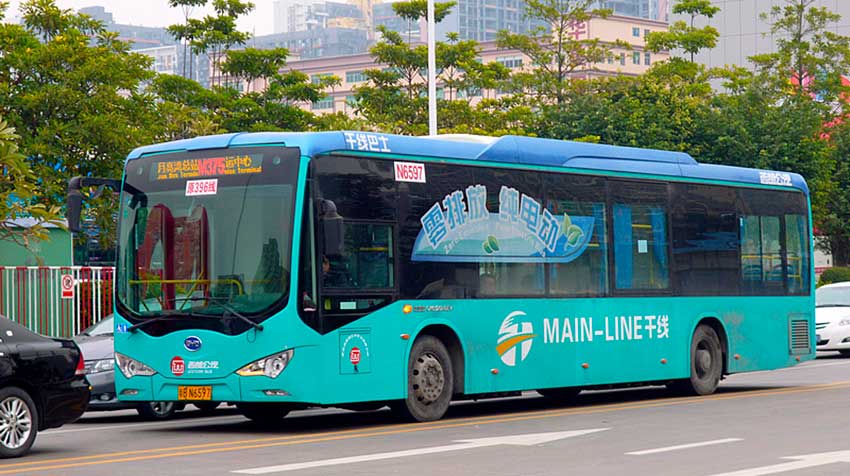
The most popular and famous in the world electric bus BYD K9
Sales of large buses Yutong grew by 54.5% to 8152 units. and electromedical – fell by 27.4% to 11 558 units Total battery electric buses Yutong has sold 345 units or 20 to 6.11% less than in 2016. From 3233 models of electric cars released in 2017 224 Chinese manufacturers, the share of Yutong had 179 models, or 5.5%, reflecting its strong leadership.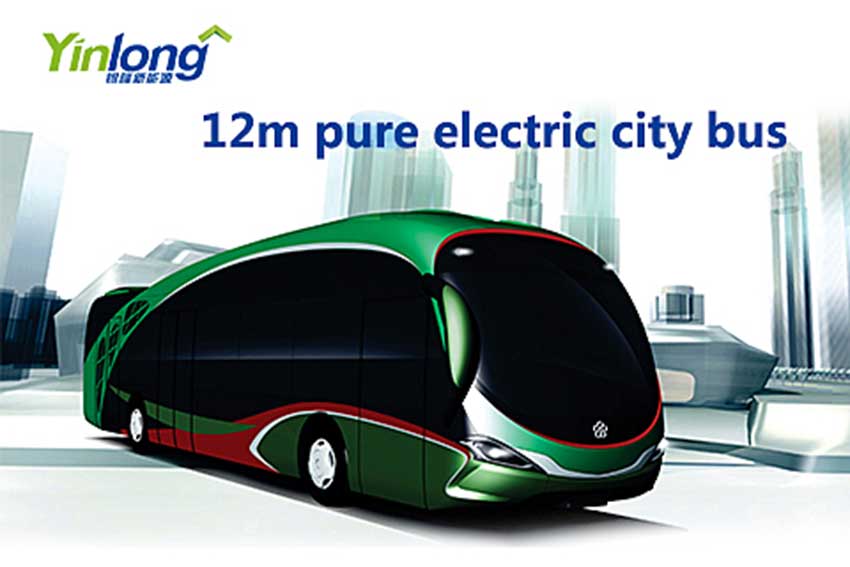
Yinlong Bus GTQ6126BEVBT3
In turn the sales of the 8-meter electromedical BYD grew by 13.6% to 14 254 units (share of 99%) and 10 or more meters of up to 12 units 228 Batch of 350 BYD electric buses first entered the bus fleet in Beijing, and the number of BYD electric buses in Shenzhen reached 16 359 units. that allowed the city (Chinese companion of Hong Kong) to become the first in the world metropolis with an all-electric passenger fleet.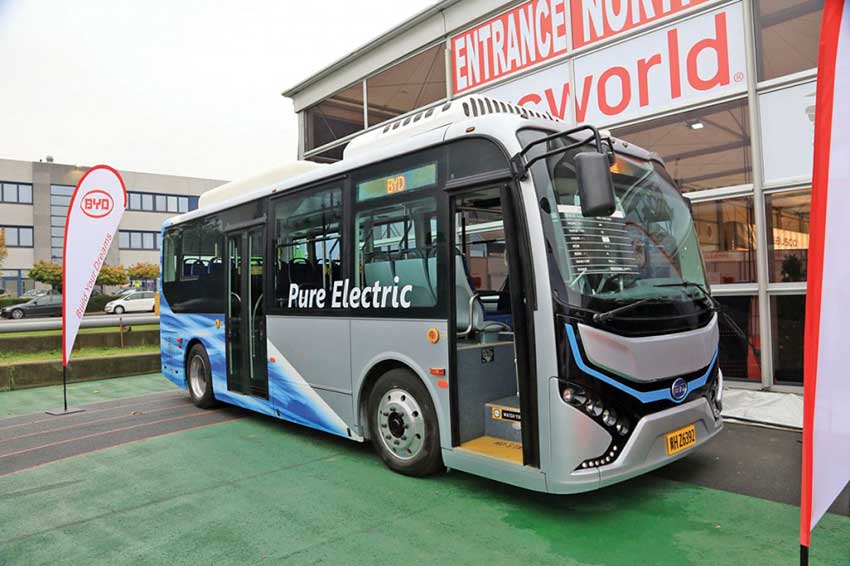
Premiere electric bus BYD Midi 1 International bus salon Kortrijk-2016
This concentration of market needs will play a positive role in the long run, because it will help create a larger and more competitive manufacturers of hybrid buses (BYD), and will also facilitate the electrification of buses on the basis of ICE (Yutong), which will accelerate the transition of the bus fleet in this category of vehicles.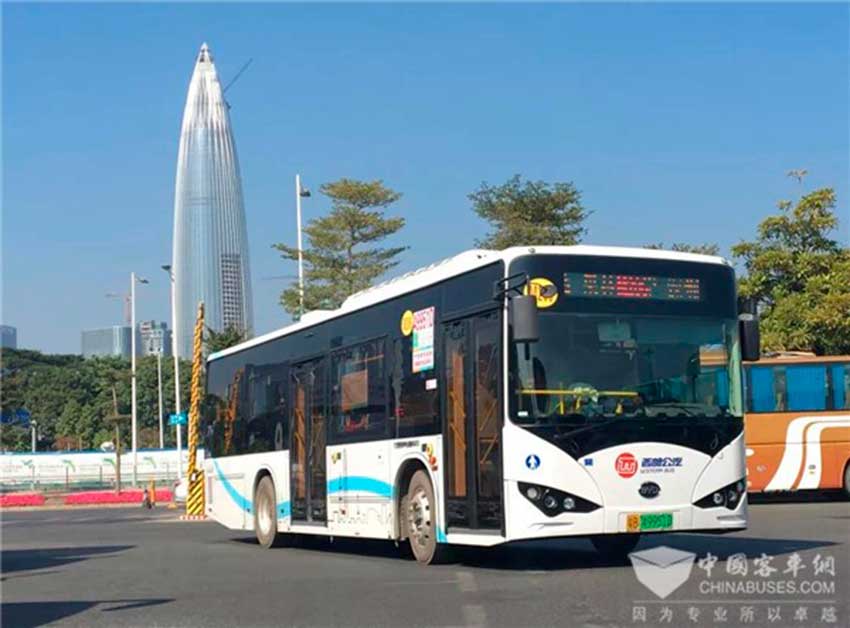
The BYD K9 electric bus in America
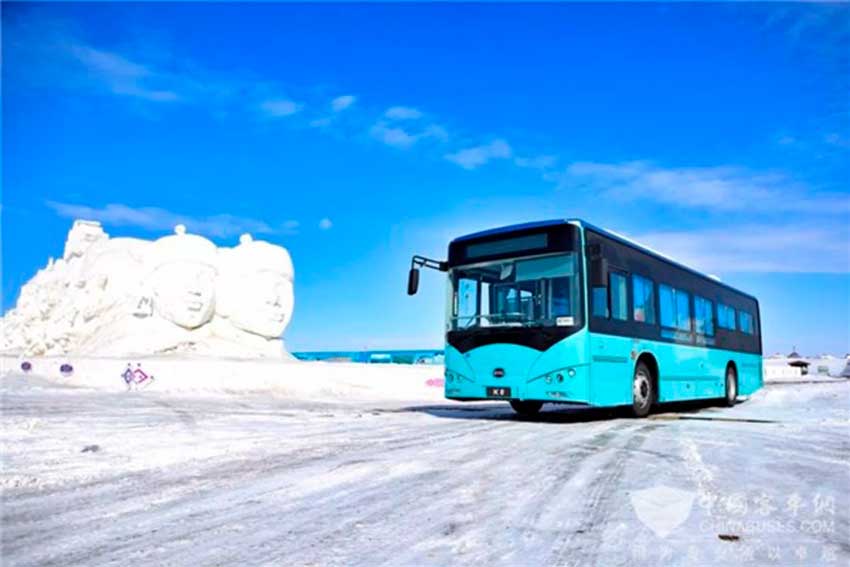
Test electric bus BYD K8 in Haile at 50 degrees below zero
The largest non-Chinese OEM-manufacturers of the buses are Volvo and Proterra, which last year implemented a few hundred of these machines. So that a sufficiently rapid global transition to electric buses will happen only if the Chinese manufacturers themselves are becoming global players, as it is now makes BYD, whose brand now has become the largest supplier of buses outside of China, as well as with existing and newly built plants in other countries, so that it is expected he will soon become a local manufacturer in every continent.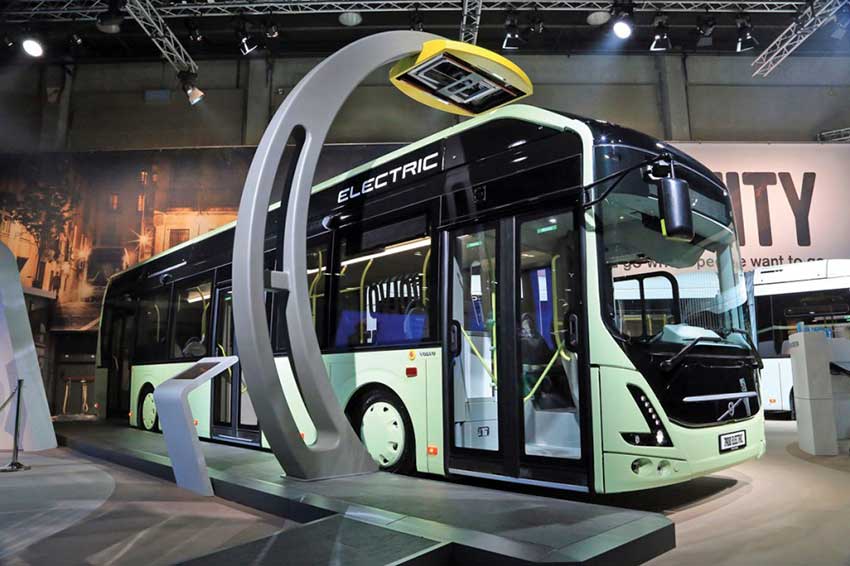
The Electric Bus Volvo 7900
At the end of 2015 in China went 170 000 buses out of 173,000 units. the entire global fleet of eBuses. The fact that 98% of them circulate it on the roads of China, speaks very impressively about the role of this country in the development plans of the so-called eMobility.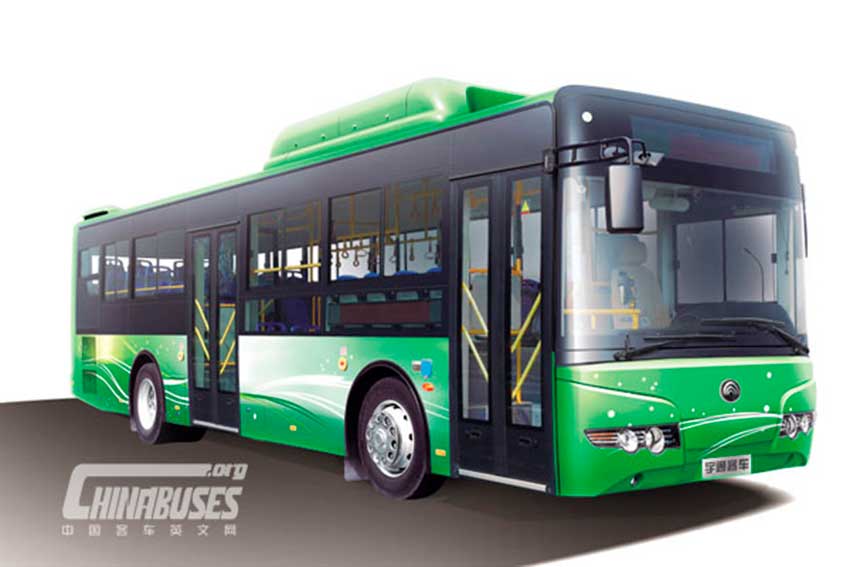
Yutong eBus
In 2016, the Chinese automotive industry and its controlling agencies focused on fully electric buses, whose sales rose to 115,7 million, which amounted to about 20% of the total market, while Yutong continued to lead, followed by company BYD and Nanjing. They are, respectively, 36% and more than 50% year-on-year.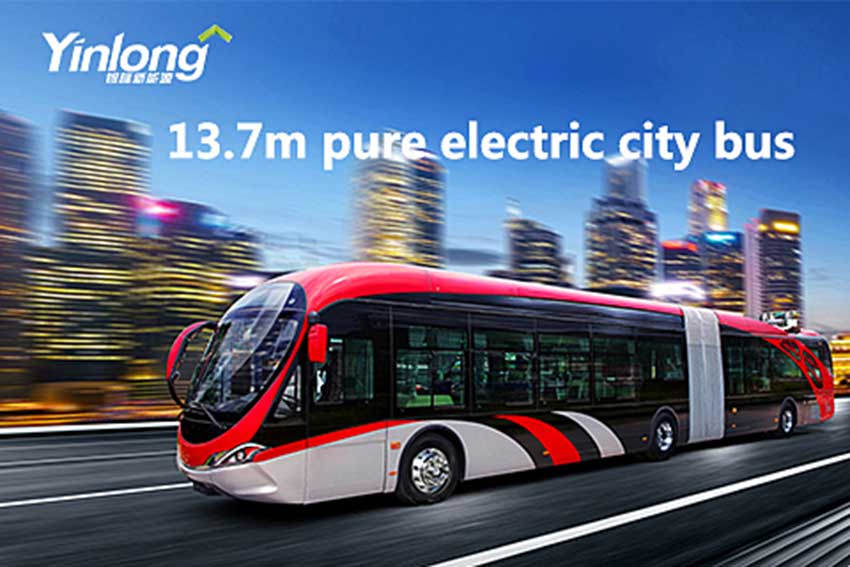
Yulong Bus GTQ6146BEVBT8
With this increase of production and the monopolization of the market, it is expected that China will fully switch to electric buses less than 10 years, although, maybe five, after all, it is not surprising that such a large city is Shenzhen (a Chinese city-Hong Kong stand-in) has completely transferred his considerable, almost 17-strong bus fleet to electric buses from 2017.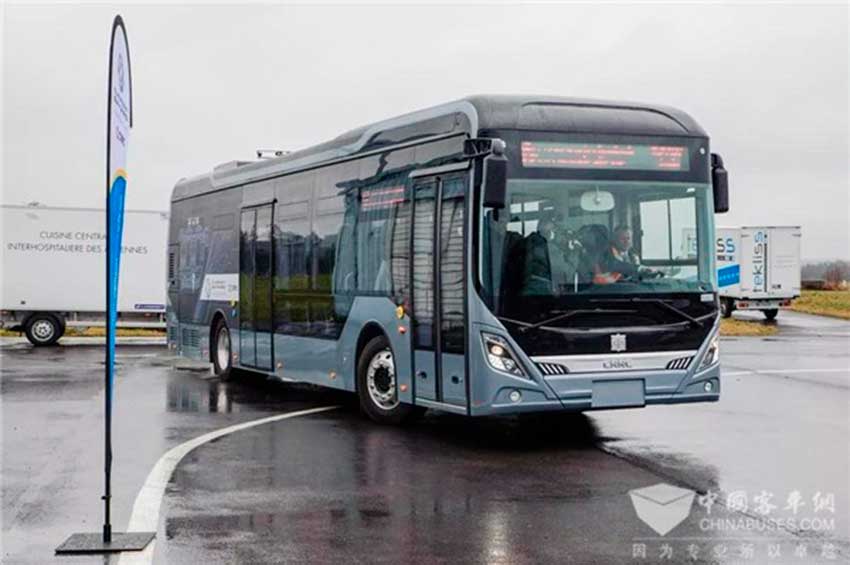
The bus CRRC in France
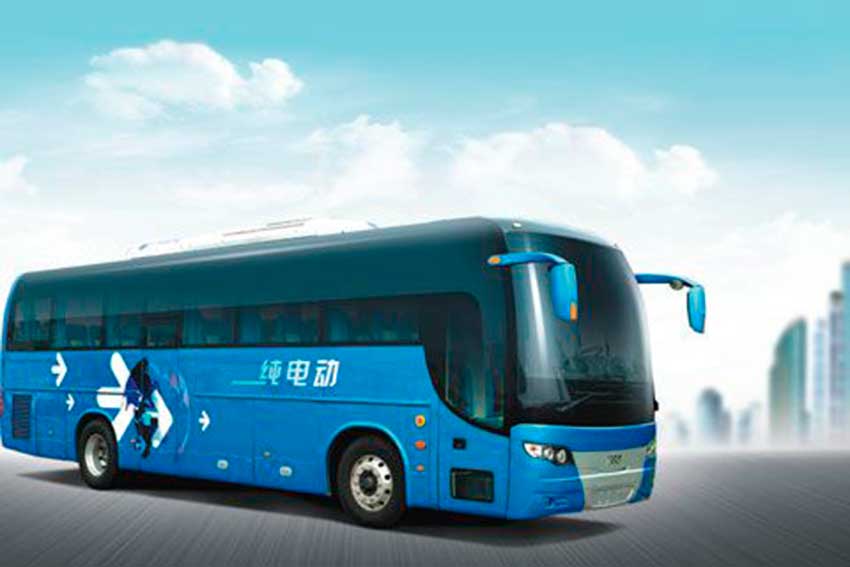
Intercity bus brand CRRC
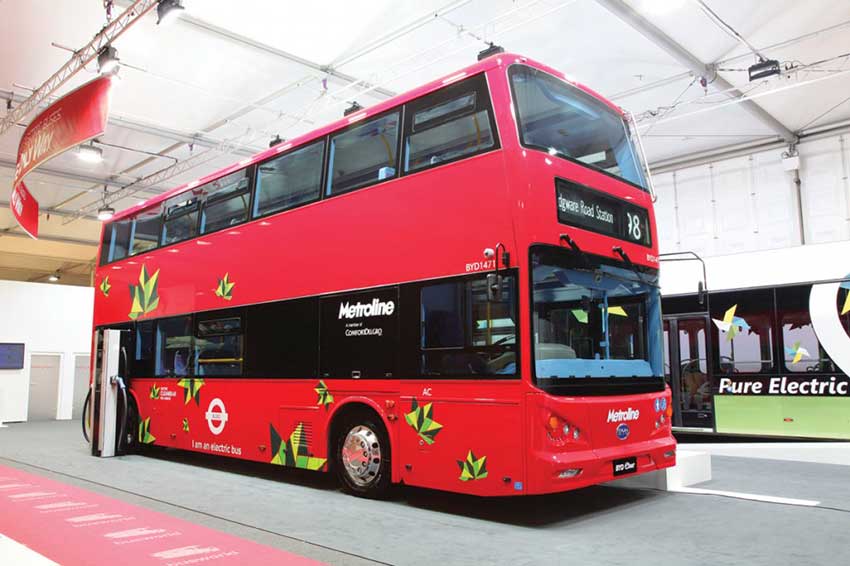
The world's first double-Decker bus brand BYD is designed for the UK
.
|
|
|








